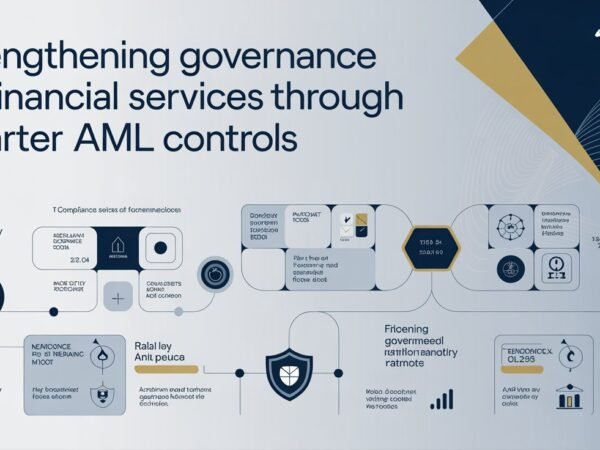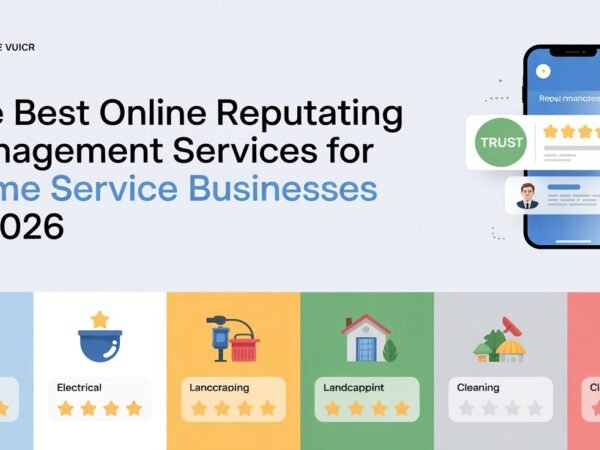In a world where remote work is no longer a pattern but a way of life, digital nomads and freelancers continuously look for tools, platforms, and neighborhoods to hone their skills and broaden their income streams. Enter The Real World is an online education platform spearheaded by questionable figure Andrew Tate that guarantees the equipping of users with modern-day lucrative abilities outside the conventional system.
With its strong marketing and cult-like following, The Real World has stirred discussions across the digital space. Beyond the hype, the concern remains: Is it worth the time and cash for freelancers and digital wanderers? This short article breaks it down.
What Is The Real World?
The Real World (TRW) is an online learning and mentorship platform that progressed from Andrew Tate’s initial Hustler University. Marketed as an escape from the “matrix” of traditional education and 9-to-5 tasks, TRW positions itself as a gateway to monetary liberty. It assures real-world abilities taught by industry professionals, called “teachers,” in an uncensored, high-engagement environment.
Members pay a month-to-month subscription– currently around $49.99– to access a broad series of courses and mentorship in areas like:
- Freelancing
- Copywriting
- E-commerce
- Investing
- AI automation
- Organization method
- Marketing and individual branding
The platform runs inside its app community, independent from Big Tech facilities, guaranteeing it can not be de-platformed or censored.
What Makes It Appealing to Freelancers and Digital Nomads?
Digital freelancers and wanderers grow on self-reliance, location liberty, and diversified income. The Real World taps straight into these worths by offering:
Ability Stacking
For freelancers who wish to move beyond a single earnings stream, TRW promotes “skill stacking”—the concept that integrating several marketable skills can significantly increase their earning potential. A copywriter can find sales, construct a landing page, and run ads—all within TRW.
Remote-First Learning
The whole platform is online, mobile-friendly, and community-driven. With no geographical limitations, digital wanderers can make and learn from anywhere, whether in Bali, Lisbon, or Tulum.
Accountability and Community
Among the unique functions is the integrated community. Each skill course includes real-time chat spaces, feedback loops, challenges, and direct mentorship. This develops an energetic support system for solo freelancers operating in seclusion.
Focus on Making Money Fast
Unlike standard education, which highlights theory, The Real World takes a practical, action-first approach. Courses are designed to get you your first client, first sale, or first $1,000 as quickly as possible.
Inside the Platform: What You Get
As soon as inside The Real World, users are funneled into several of its “realms” or specialized departments. Here’s a quick summary of crucial ones:
Freelancing Campus
Customized for novices, this section teaches how to sell your time and abilities online. It covers how to:
- Set up a profile on Upwork or Fiverr.
- Find high-paying clients
- Work out and close deals.
- Build a portfolio
- Provide expert work and get recurring gigs.
It’s highly tactical and interests those starting from scratch.
Copywriting Realm
A favorite among remote employees, this world focuses on convincing writing for landing pages, advertisements, and e-mails. Secret lessons consist of:
- Writing high-converting headings
- Understanding consumer psychology
- Developing a freelance copywriting service
- Scaling with retainer clients
E-Commerce & Dropshipping
Perfect for nomads interested in product-based earnings, this realm covers the following:
- Sourcing from suppliers
- Establishing Shopify shops
- Paid ad methods (mainly Facebook and TikTok).
- Running a store with VA automation.
It’s intense, practical, and constantly updated.
Pros: Why It’s Working for Many
Hands-On Mentorship
Members applaud the quick feedback and live Q&A sessions. This is not just a video course—it’s vibrant and interactive.
Real Case Studies
Trainees share live wins, such as their first $500 Upwork customer or e-commerce sale. This social evidence can be highly inspiring for brand-new users.
No Academic Fluff
TRW is extremely anti-theory. Everything is designed to get outcomes quickly.
Strong Emphasis on Self-Reliance
The Real World isn’t a magic tablet. It encourages effort, consistency, and ownership of your career path. This frame of mind shift can be invaluable for freelancers struggling with self-motivation.
Cons: What Freelancers Should Watch Out For
Overhyped Marketing
Andrew Tate’s aggressive design can set unrealistic expectations. While some members strike quick results, numerous require months of disciplined effort. It’s not “get rich fast.”
Lack of Accreditation
TRW does not use certifications or official credentials, which might be restricting for those looking for trustworthiness in standard or corporate freelancing areas.
Controversial Leadership
Andrew Tate’s brand name can be polarizing. While it doesn’t directly affect the curriculum, it might discourage some users from recommending the platform or signing up.
Information Overload
New members often feel overwhelmed by the content volume and pressure to act quickly. Time management and focus are necessary to avoid burnout.
Who Should Join?
The Real World is ideal for:
- Freelancers who wish to diversify income (e.g., writers discovering style or marketing).
- Digital wanderers trying to find client-getting strategies.
- Novices desiring a fast lane to remote income.
- Action-takers who find out best by doing and worth uncensored advice.
It may not be a good fit for:
- Those searching for certified education.
- Individuals are unpleasant with questionable figures.
- Passive learners expect guaranteed outcomes.
- Professionals who need a clear career ladder or formal training.
Alternatives to Consider
While The Real World provides a unique, high-energy environment, there are other platforms worth thinking about:
- Skillshare: Great for innovative and design-based freelancers.
- Coursera or edX: Offers university-level education and certificates.
- Fiverr Learn or Upwork Academy: Directly tied to freelance platforms.
- Justin Welsh’s The Freelance OS: A cleaner, minimalist roadmap for freelancers.
Each has its strengths; however, none use the neighborhood and hustle-driven culture TRW promotes.
Last Verdict: Is It Worth It?
Yes– if you’re self-driven, open up to direct mentorship, and wish to monetize abilities fast. The Real World isn’t perfect, and it’s not for everybody. However, for freelancers and digital nomads who resonate with the “develop your course” mindset, it supplies a mix of practical training, accountability, and inspiration that traditional courses hardly ever offer.
If you treat it like a fitness center—where development comes from consistent representatives—you’ll likely get far more than your money’s worth.
With its strong marketing and cult-like following, The Real World has stirred discussions across the digital space. Beyond the buzz, the concern remains: Is it worth the time and cash for freelancers and digital wanderers? The Real World Login (TRW) is an online learning and mentorship platform that progressed from Andrew Tate’s original Hustler University. This produces an energetic support system for solo freelancers who used to work in seclusion. The Real World isn’t a magic tablet.













